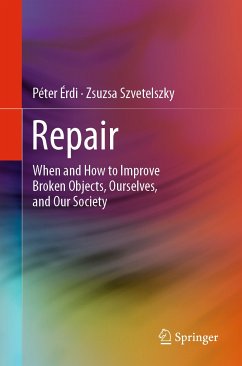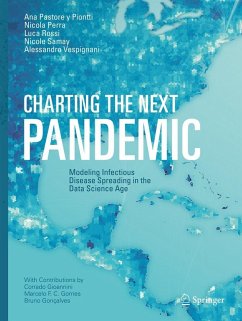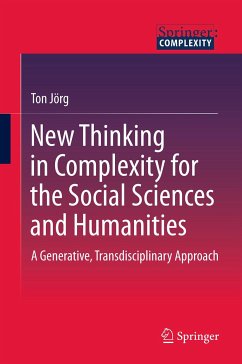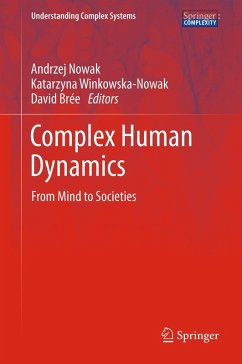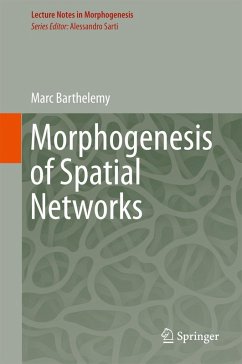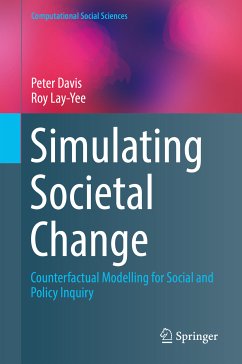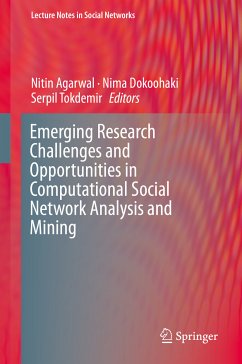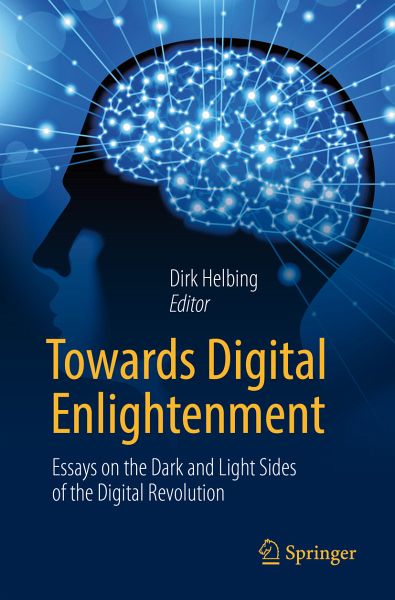
Towards Digital Enlightenment (eBook, PDF)
Essays on the Dark and Light Sides of the Digital Revolution
Redaktion: Helbing, Dirk
Versandkostenfrei!
Sofort per Download lieferbar
26,95 €
inkl. MwSt.
Weitere Ausgaben:

PAYBACK Punkte
13 °P sammeln!
This new collection of essays follows in the footsteps of the successful volume Thinking Ahead - Essays on Big Data, Digital Revolution, and Participatory Market Society, published at a time when our societies were on a path to technological totalitarianism, as exemplified by mass surveillance reported by Edward Snowden and others.Meanwhile the threats have diversified and tech companies have gathered enough data to create detailed profiles about almost everyone living in the modern world - profiles that can predict our behavior better than our friends, families, or even partners. This is not ...
This new collection of essays follows in the footsteps of the successful volume Thinking Ahead - Essays on Big Data, Digital Revolution, and Participatory Market Society, published at a time when our societies were on a path to technological totalitarianism, as exemplified by mass surveillance reported by Edward Snowden and others.
Meanwhile the threats have diversified and tech companies have gathered enough data to create detailed profiles about almost everyone living in the modern world - profiles that can predict our behavior better than our friends, families, or even partners. This is not only used to manipulate peoples' opinions and voting behaviors, but more generally to influence consumer behavior at all levels. It is becoming increasingly clear that we are rapidly heading towards a cybernetic society, in which algorithms and social bots aim to control both the societal dynamics and individual behaviors.
Meanwhile the threats have diversified and tech companies have gathered enough data to create detailed profiles about almost everyone living in the modern world - profiles that can predict our behavior better than our friends, families, or even partners. This is not only used to manipulate peoples' opinions and voting behaviors, but more generally to influence consumer behavior at all levels. It is becoming increasingly clear that we are rapidly heading towards a cybernetic society, in which algorithms and social bots aim to control both the societal dynamics and individual behaviors.
Dieser Download kann aus rechtlichen Gründen nur mit Rechnungsadresse in A, B, BG, CY, CZ, D, DK, EW, E, FIN, F, GR, HR, H, IRL, I, LT, L, LR, M, NL, PL, P, R, S, SLO, SK ausgeliefert werden.





